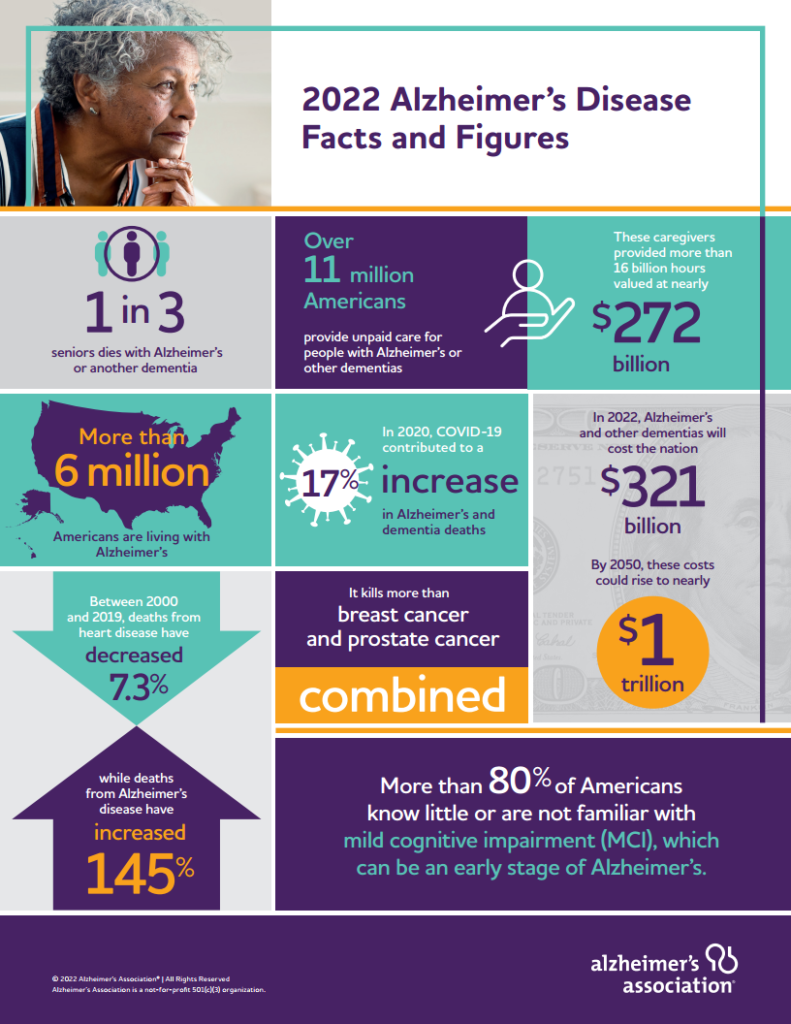
FAQs
Frequently Asked Questions
These questions and answers offer a basic overview of Alzheimer's disease and dementia. For more detailed information, consulting healthcare providers and reputable health organizations is recommended.
Top questions about how you can help...
ADRAG has partnered with Our Mayberry a fundraising platform that is easy to use and embodies the Rotary 4-way test.
You can click on the "Run a Fundraiser" button on our home page, fill out the short request form and we will review the request. If everything looks good, we will provide you instant access to the Our Mayberry fundraising tools.
All money comes directly to ADRAG and everyone sees where the money goes.
Become a member! Make a minimum annual donation to ADRAG and support our great organization and partners in the fight against Alzheimer's.
Alzheimer’s disease is a progressive neurological disorder that causes the brain to shrink (atrophy) and brain cells to die. It is the most common cause of dementia, leading to a continuous decline in thinking, behavioral, and social skills that affects a person’s ability to function independently.
Dementia is a broad term for a set of symptoms including impaired thinking and memory. Alzheimer’s disease is the most common cause of dementia, accounting for 60-80% of cases. While Alzheimer’s is a specific disease, dementia overall can have various causes.
Early signs include memory loss that disrupts daily life, challenges in planning or solving problems, difficulty completing familiar tasks, confusion with time or place, trouble understanding visual images and spatial relationships, new problems with words in speaking or writing, misplacing things and losing the ability to retrace steps, decreased or poor judgment, withdrawal from work or social activities, and changes in mood and personality.
Currently, there is no cure for Alzheimer’s disease. Treatments focus on managing symptoms and improving the quality of life through medications and non-drug approaches.
The exact cause of Alzheimer’s disease is not fully understood, but it is believed to be a combination of genetic, lifestyle, and environmental factors that affect the brain over time. Key features include the accumulation of amyloid-beta plaques and tau tangles in the brain.
While there is no proven way to prevent Alzheimer’s disease, evidence suggests that a healthy lifestyle — including physical activity, a balanced diet, cognitive stimulation, and social engagement — might delay the onset of dementia symptoms and slow the progression of the disease.
Diagnosis involves a thorough medical assessment, including a medical history, physical examination, neurological tests, mental status tests, and brain imaging to rule out other causes of dementia symptoms.
Alzheimer’s disease progresses through several stages: preclinical (before symptoms appear), mild cognitive impairment (MCI) due to Alzheimer’s disease, mild dementia due to Alzheimer’s, moderate dementia due to Alzheimer’s, and severe dementia due to Alzheimer’s.
As Alzheimer’s disease progresses, individuals may experience significant changes in their ability to carry out daily activities. These can include difficulties with memory, language, problem-solving, personal care, and behavior, leading to increased dependence on caregivers.
Various resources are available, including support groups, educational materials, and counseling services through organizations like the Alzheimer’s Association. Caregiver support is crucial, as caring for someone with Alzheimer’s can be challenging.

